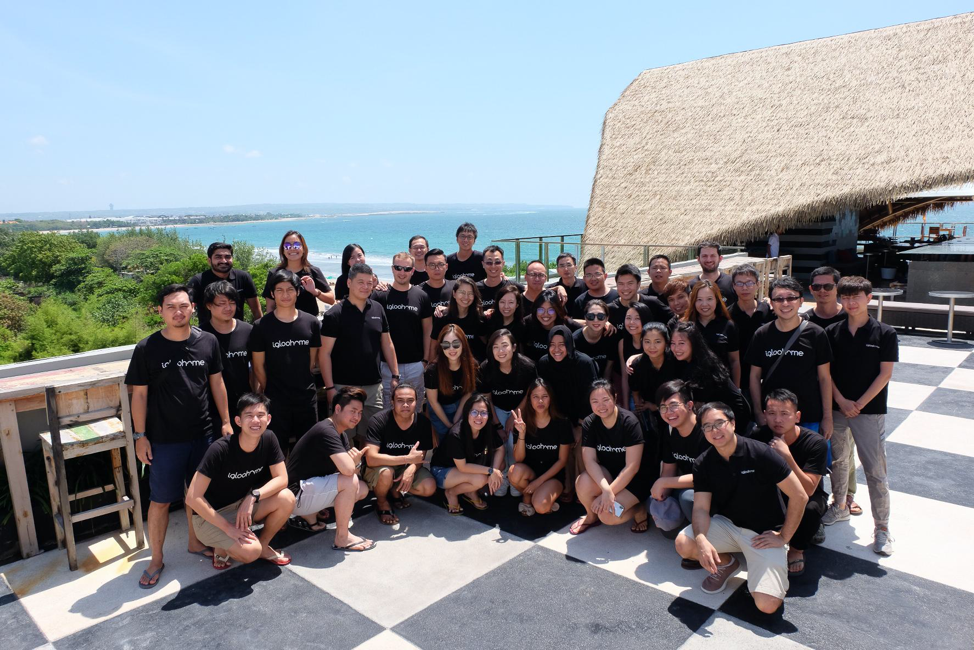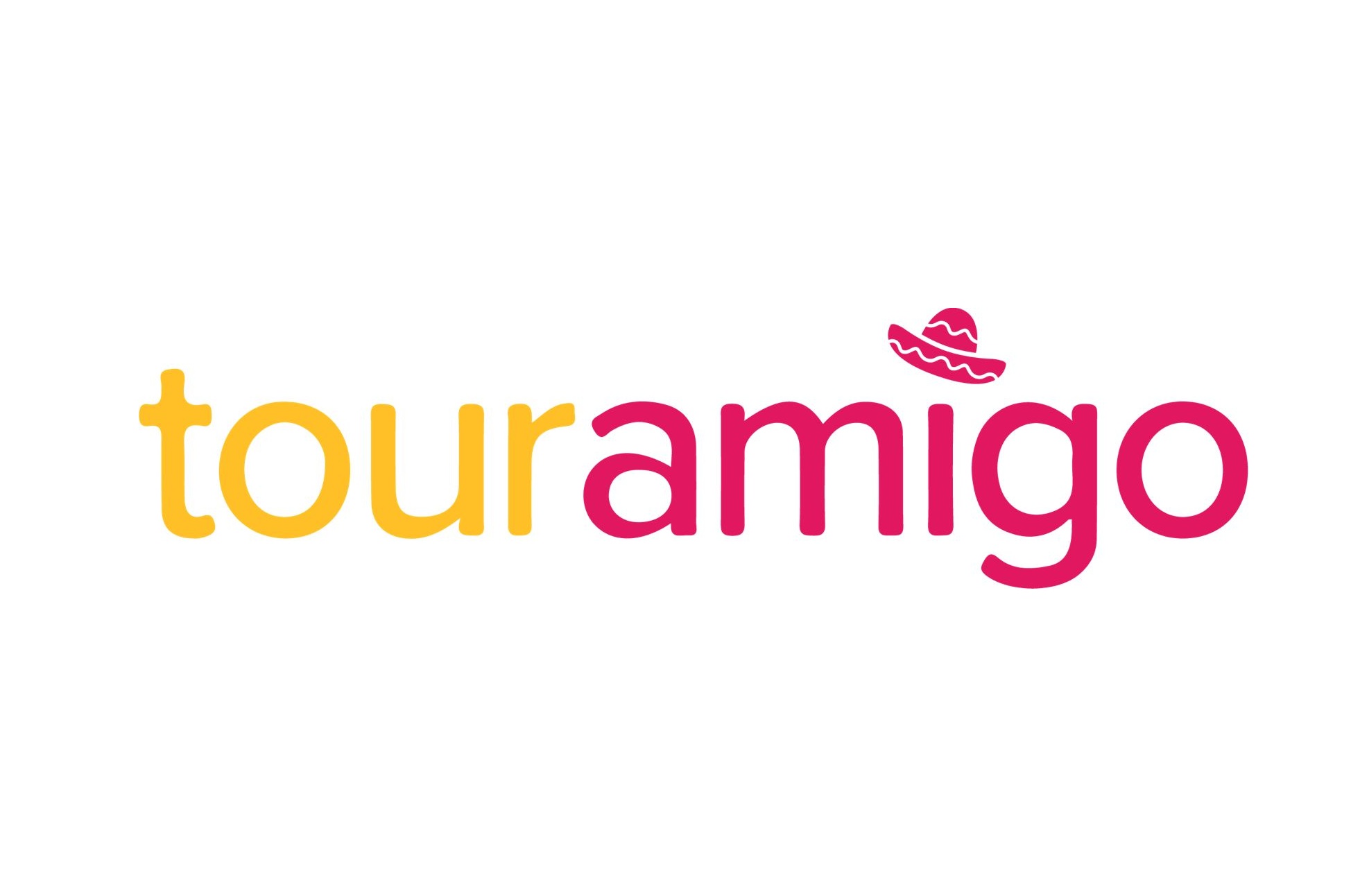Igloohome, a Singapore-based startup creating award-winning smart locks and lock boxes, is today involved in many projects around developing smart access ecosystem for smart cities.
They have over a hundred retail and e-commerce partners such as Amazon, Walmart, and Lazada. Their locks are also sold in retail shops in Singapore, such as SingTel and Challenger stores. Now, the team also provides safety, security, reliability for both consumers and enterprise customers. A US$15 million investment round will go towards iglooworks, their enterprise brand for smart access solutions.
How did the igloohome team come this far?
Like many globe-trotters, co-founder and CEO Anthony Chow had frequently used Airbnb, an online marketplace for travel accommodation, whenever he traveled for work and pleasure. He was also an occasional host in Singapore.
As a host with a full-time job and guests checking in at odd hours, Anthony found it difficult to hand keys over to guests.
Other hosts like him had the same woes. With 3 million hosts globally back then, Anthony knew he was seeing a big and unsolved problem.
Yet, effective smart access solutions were few and far between even in 2015.
A vision for smart access in Asia
As there were already mature players in the USA, Anthony decided to bring the business to Singapore to capture the growing Asian market.
Leaving his safe corporate job to pursue entrepreneurship with igloohome became a no-brainer. He was solving a pain point he was familiar with, and there was an opportunity in a big market. It was an adventure that excited him.
Igloohome’s first customers were Airbnb hosts they met through Meetups. Both parties would share their frustrations with the key handover process, and igloohome would pitch their smart lock solution
One in every five hosts was willing to give igloohome locks a go. These hosts would put in a deposit for an igloohome smart lock and igloohome would proceed to create the smart lock. On average, igloohome created 30 to 50 locks a month.
However, there were some operational issues that came up. The first access solution igloohome had created was dependent on Wi-Fi, which means that when the host’s Wi-Fi went down, the lock would not function as expected. It was challenging that factors beyond igloohome’s control were affecting the lock’s performance.
This was what led igloohome to re-think and develop the first igloohome Smart Deadbolt, an offline lock with igloohome’s AlgoPIN technology.
An offline lock provides smart access that isn’t dependent on Wi-fi.
This technology is similar to a banking token’s One Time Password (OTP). (For further peace of mind for owners, the igloohome Smart Deadbolt was given a keyhole that could be unlocked with a physical key.)
As Anthony and his team refined their very first product, their early customers stayed on with them as they knew igloohome was sincere. Both parties also believed in igloohome’s ultimate objective.
It was not only about convenience: igloohome was also helping hosts and travelers alike enjoy the peace of mind that comes with security.

Going global with grit
The startup eventually expanded into three other lines of product, such as the igloohome Smart Keybox, Mortise, and Padlock, for a wider range of locking points, from front doors to room doors, gates, and even lobbies.
Besides product development, the team also saw growth through market expansion. Leveraging on a partnership with Airbnb in 2016 through Host Assist, igloohome expanded overseas, scaled up, and built strong distribution networks globally across 100 countries.
The teams had moments of frustration.
As a founder, Anthony had to deal with many unexpected obstacles as he grew rapidly. Anthony recalls trying to deploy their first lock in New York. The non-obvious problem was that doors in New York are different from say, doors in Singapore. The team was left hungry and frustrated. “We weren’t clear on the specifications on the door. We thought we could get a locksmith, but it took us ten hours. And this was during winter!”
Another problem Anthony had faced was understanding import and export for businesses. “Our first shipment to Thailand was completely rejected, and our locks were held up in customs for a month,” Anthony says.
The reason? The team did not fill in a customs form in capital letters but had written in small letters instead.
Now, the team has wised up and has improved on inventory maintenance, taking into account major cultural or religious holidays. For instance, in Muslim countries, the team will ensure that imports will reach before the Muslims’ fasting months.
“We make sure distributors in our markets have import experience,” says Anthony.
Moving into B2B smart access solutions: iglooworks
By focusing on the vacation rental and real estate market, igloohome managed to build the right product for this space with the right distribution and support partners to scale. When Booking.com and Agoda started to roll out “rental by owners” services in 2018 – Booking Home and Agoda Homes, igloohome became the natural partner of choice.
Then, igloohome started to work with more enterprise solutions in the vacation rental and real estate space, and today have over 100 integration partners that use igloohome products in their solutions. For instance, Thai property developer Sansiri has igloohome locks for all residential properties.
What kicked off igloohome’s drive to develop more enterprise-focused solutions was when Mitsubishi and other corporates started to call on igloohome for more locks for facilities management.
Mitsubishi, with one of the biggest leasing portfolio in Japan, uses igloohome to enable their real estate agents to do more viewings with less manpower, and help to enable faster closing times.
This was a huge and unobvious opportunity in enterprise for smart locks.
“We talked to big property developers who are starting to build smart city projects at the end of 2018. We started exploring locks not just for homes but also in infrastructure and facilities management,” says Anthony.
There were characteristics from igloohome’s lock solution that could be carried over to an enterprise context.
Igloohome locks are backed by low-power wide-network technologies to remotely manage products.
They are also hardy. “Hardware quality is very important. Hardware will be exposed to weather conditions when securing a facility. Locks go through more than 70 reliability tests, including exposure to weather elements. All these create a lot more safety and security, especially for enterprise clients,” says Anthony.
Future plans
Moving forward, igloohome is currently expanding into the commercial and professional end-user market as well as other countries.
Their enterprise solutions line, iglooworks, will eliminate the need to do key exchanges and preventing lost keys, which could cost organizations up to millions of dollars annually. Real-time audit trails and tracking capabilities are provided to help improve security and visibility on personnel movement and access records.
Telecommunication companies can now have a better way to grant and monitor access to their cell sites in remote areas, data centers can now manage who is accessing their server racks in a secure manner, and logistics companies can now minimize shrinkages by controlling who has access to containers and parcels at the right time.
Today, the company employs a hundred staff and has offices spread across 13 cities worldwide, with headquarters in Singapore. They are also the only smart lock company in Singapore to be accredited by the Infocomm Media Development Authority (IMDA). To Anthony, this accreditation was important especially for his customers’ peace of mind.
“When people buy a lock, they don’t just want to buy a lock. They’re buying security,” says Anthony. “When we associate ourselves with reputable companies and recognizable investors and got accredited by IMDA, this adds brand recognition and peace of mind.”







